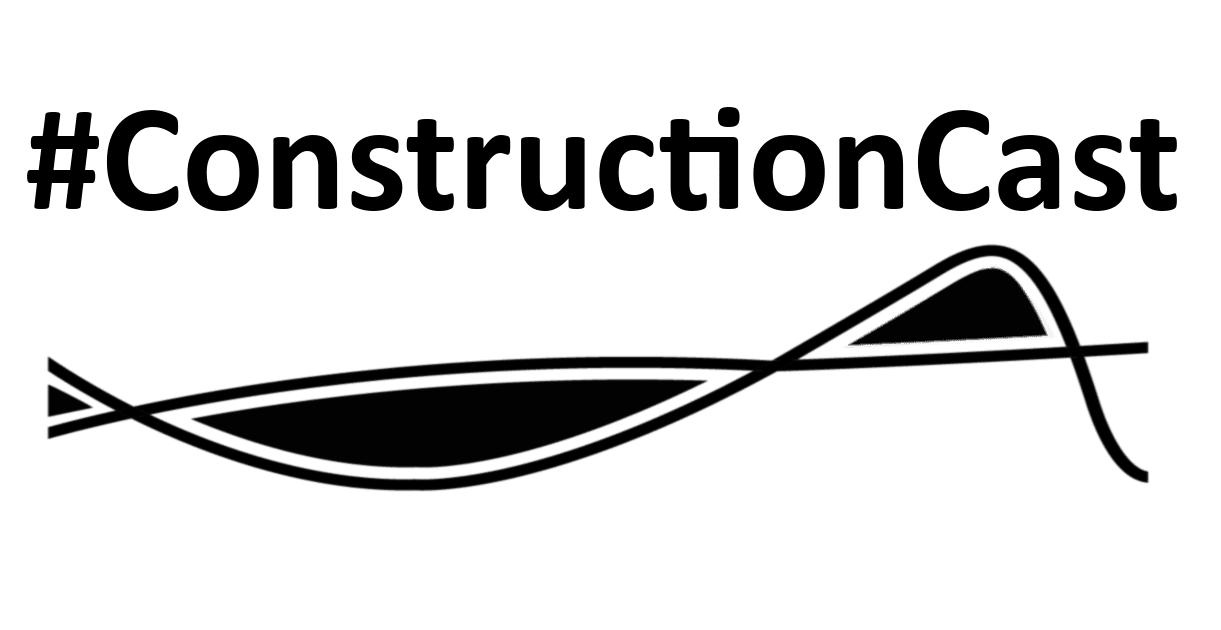Week four of #ConstructionCast saw us welcoming Yasmine Nashawati and Julie Bamford of the RICS disputes and marketing team in the UAE, Nick Saalfeld a leading communications expert and journalist, along with Anthony Carroll of 20 Essex to discuss communications and the situation with CoronaVirus in the UK and UAE.
Situation In UAE
In Dubai, there is currently a city-wide sterilisation programme taking place. The most recent guidelines mean that all Dubai residents must apply to obtain a permit in order to leave the house at any time.
You can get a permit to go buy food, medical supplies and this does not apply to key workers travelling to and from their place of work. Most of the Gulf region has a similar system in place. Construction remains essential, but there are new restrictions arising, most recently around labour travel between Abu Dhabi and Dubai.
Perhaps most significantly, there has been an application to push back Expo 2020. The project represents a huge force in hospitality and construction for the region. There has been concern that the event (which has taken huge resource and investment thus far) needs to have a big impact. In order to achieve that impact it needs to go back to 2021.
Working From Home
Anthony’s focus is on barristers at Twenty Essex, and legal services businesses. In the role of practice manager, usually his role involves having lots of face to face contact. Now the team are very much focused on keeping in touch electronically. Keeping well-being alive is crucial. External comms and marketing are ongoing with a lot of marketing and knowledge sharing still happening. A challenge encountered is that the market became quickly flooded with very similar articles. To remain relevant, it is important to establish, how can we differentiate ourselves and have some information that stands out and is different to what others are doing.
Anthony suggests that bite-sized pieces of information are important. Virtual drinks, virtual coffee, etc. In any professional services business, relationships with your clients are key. A positive to come out of the COVID-19 crisis is that we now have a much better understanding of what people’s home lives are like.
We are all human
Nick picked up on the human element of the current scenario. He recently interviewed a CEO for a major firm, who began by apologising, as he was taking the call from a walk-in wardrobe! Nick has been impressed by everyone’s professional resilience. He also noted that he is continuing to work on bids and the tender process is still moving forward, albeit the software platforms for submitting bids is as bad as ever!
What is challenging in marketing terms? Nick observed that a contact said, “if I get ‘one more email” about homeworking, his friend was set to explode. It is important not to try and set long-term plans. Don’t make six month plans, and don’t share generic content. At this period, we have to match our communication to the sense of the moment. Nick noted the dexterity of supermarket advertising. It has quickly reacted and is considering what’s happening now, and how can we support people best?
Julie from the RICS noted that communication is key to RICS members. At RICS the team are acutely aware of the need to try and put themselves in the shoes of RICS members and think how we can support them. The team are thinking about what can be done to help. All members are now getting free access to training and special information and updates on a dedicated part of the RICS website. To be transparent and supportive now is something that will be remembered in future.
Stay Quiet or Speak Out?
Annie observes that some people are worried to say anything – should you stay quiet? Nick suggests it is time to not stay quiet, but it is also not the time to sell. Anyone who is buying is going to buy because they absolutely need it. Communicate one-to-one, try to be as human as possible. Advise, do pro-bono work, but above all, keep everything as human as possible.
Nick feels that people do have a little more time, even if in a chaotic environment – maintaining connections through chats such as the ConstructionCast and online media can help, and hopefully clients will thank you for it when times become easier again.
Anthony notes the importance of helping people in small ways, teaming up with third parties to share knowledge and information. Anthony has seen folk set up free online consultations for clients, returning something to the community, particularly where clients are likely to be small businesses or sole traders.
What Next?
Looking to the future, the RICS are looking at different platforms, looking to change things and work more virtually. Dispute resolution can be done online, virtual hearings are something that is taking place right now. The institution is attempting to make everything as accessible as possible.
Julie also notes that face to face events might well now move online, particularly for institutions and organisations like RICS. For as long as social distancing is in existence, it’s likely that people will be reluctant to join face to face meetings. However online is reaching more people than ever before.
Nick suggests that folk need to consider: how will a brand change over a long-term scenario? Things have almost certainly changed forever, the rules are all different now. So we need to consider how things are communicated and how our customers have changed.
The key take-away seems to resonate throughout all the panellists – we need to ensure communications, whoever they are aimed at, are honest and open, clear and supportive. Now is not a time for the hard sell, but rather for careful and sympathetic conversations. We need to ensure messages are not standardised and work to support those who might want to be our friends in future.
Join us for the next #ConstructionCast – they take place on Wednesday, each week at 2pm. You’ll find details on our social media feeds and emails.
NB:
The above is our summary of comments made during the cast. We’ve tried to ensure the summary is as accurate as possible. However, this page should not be construed as legal advice or the formal advice of the participants or their respective organisations and employers.

